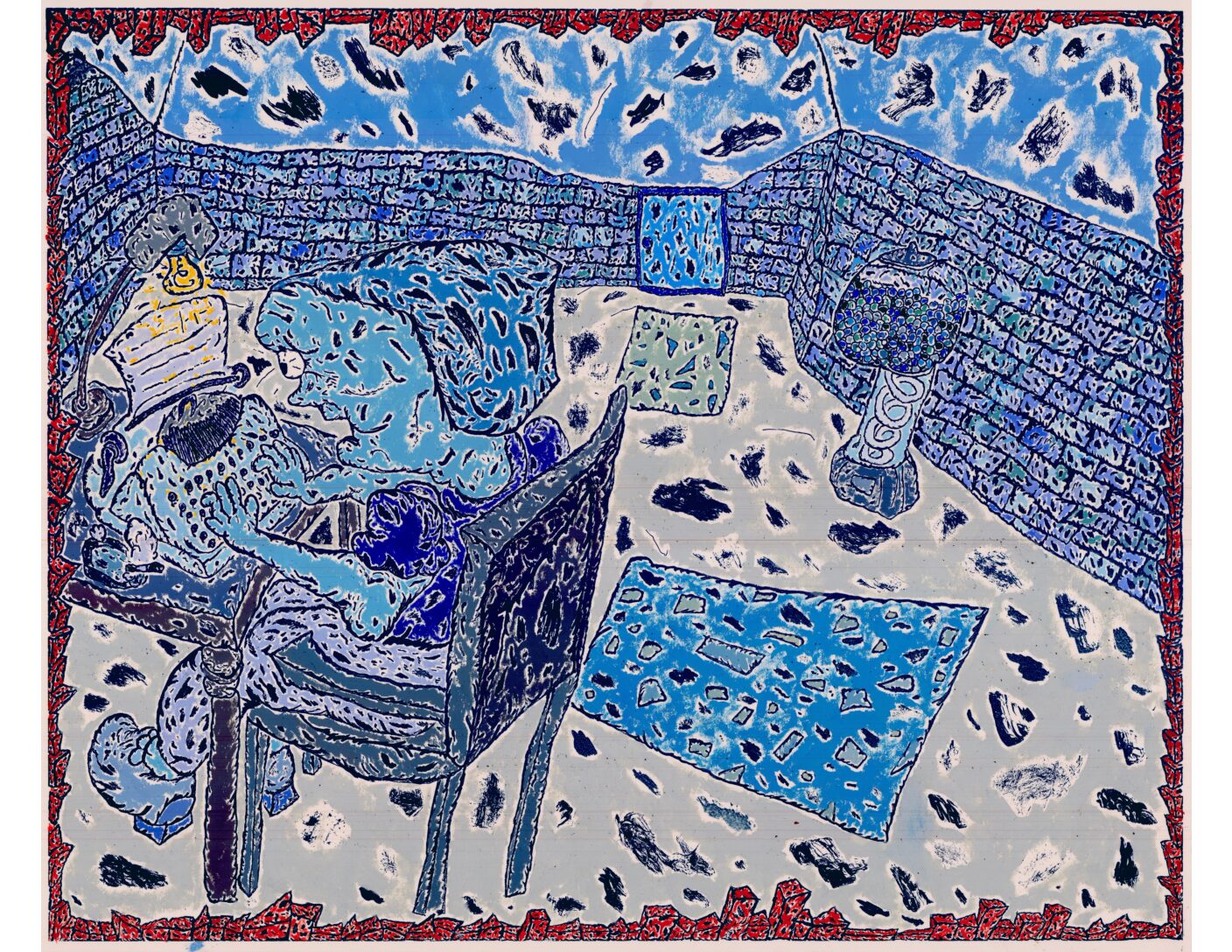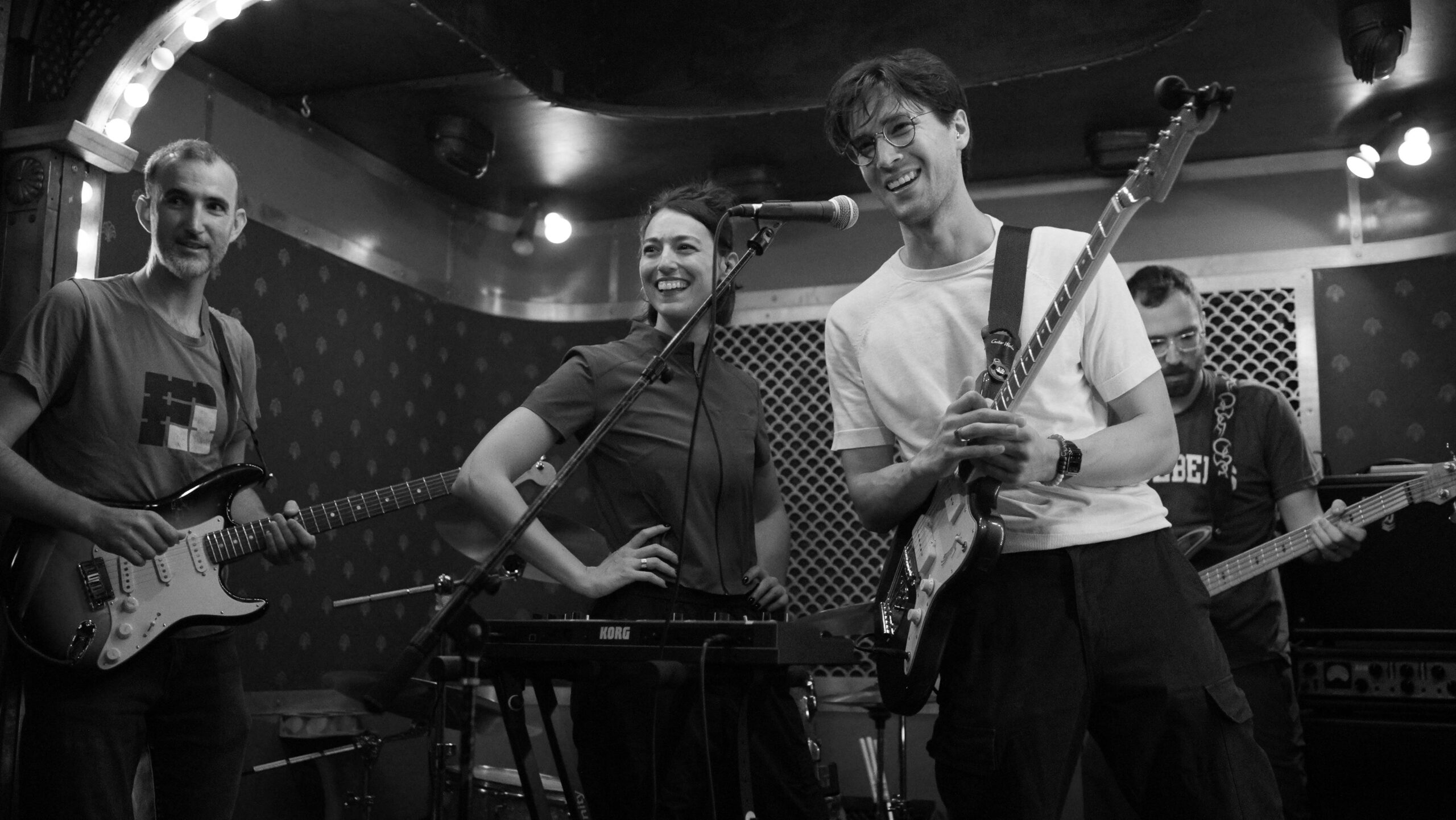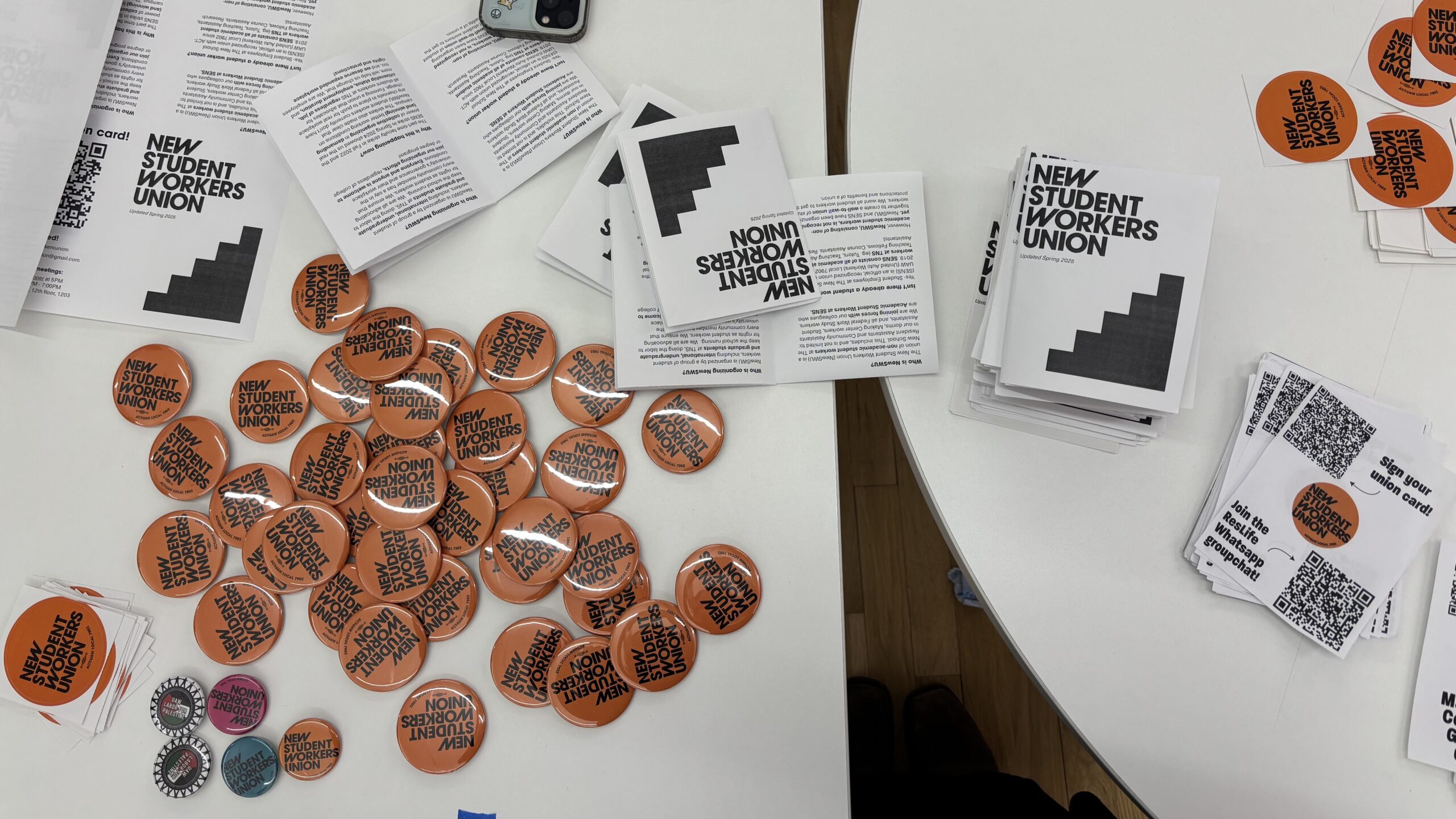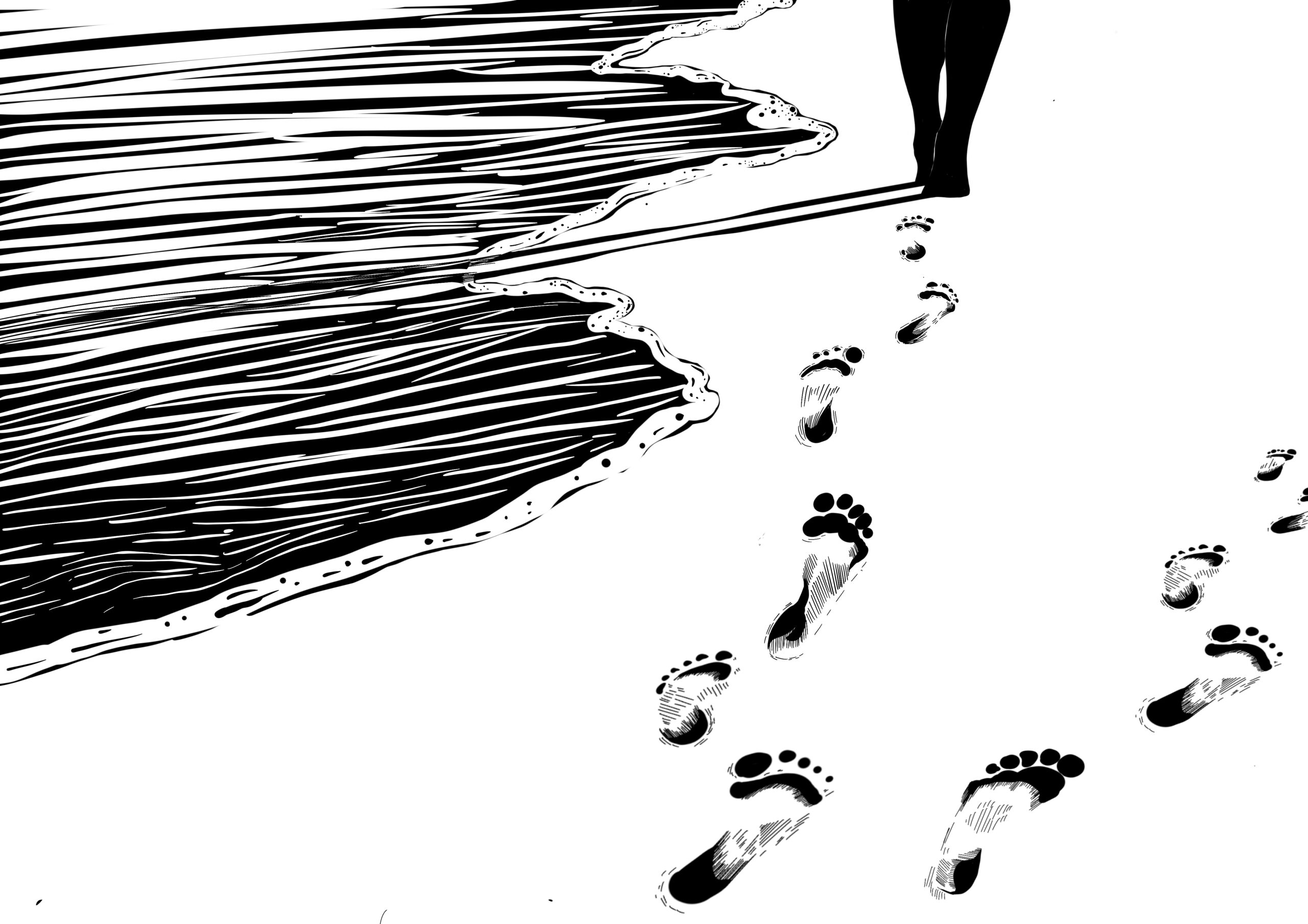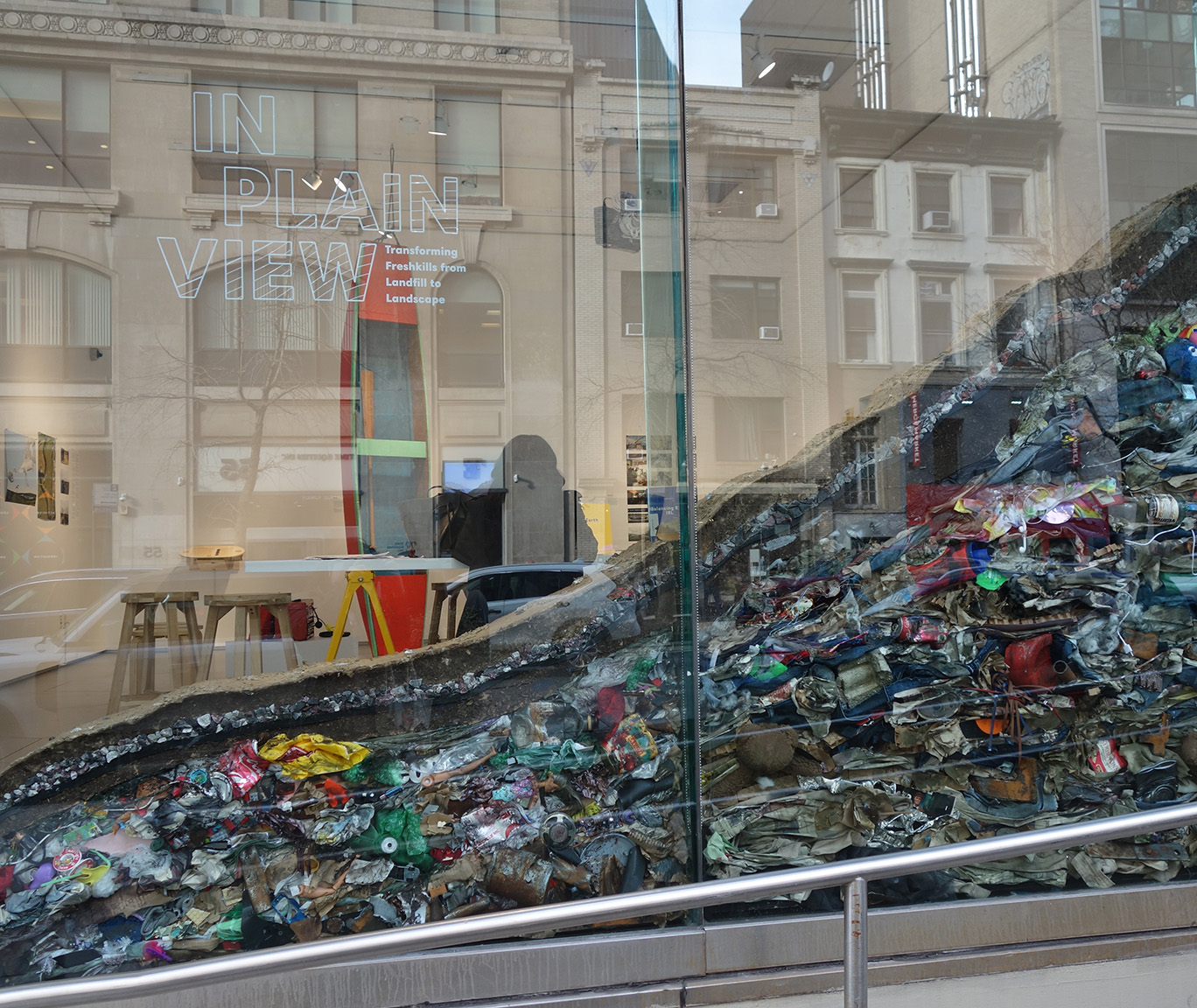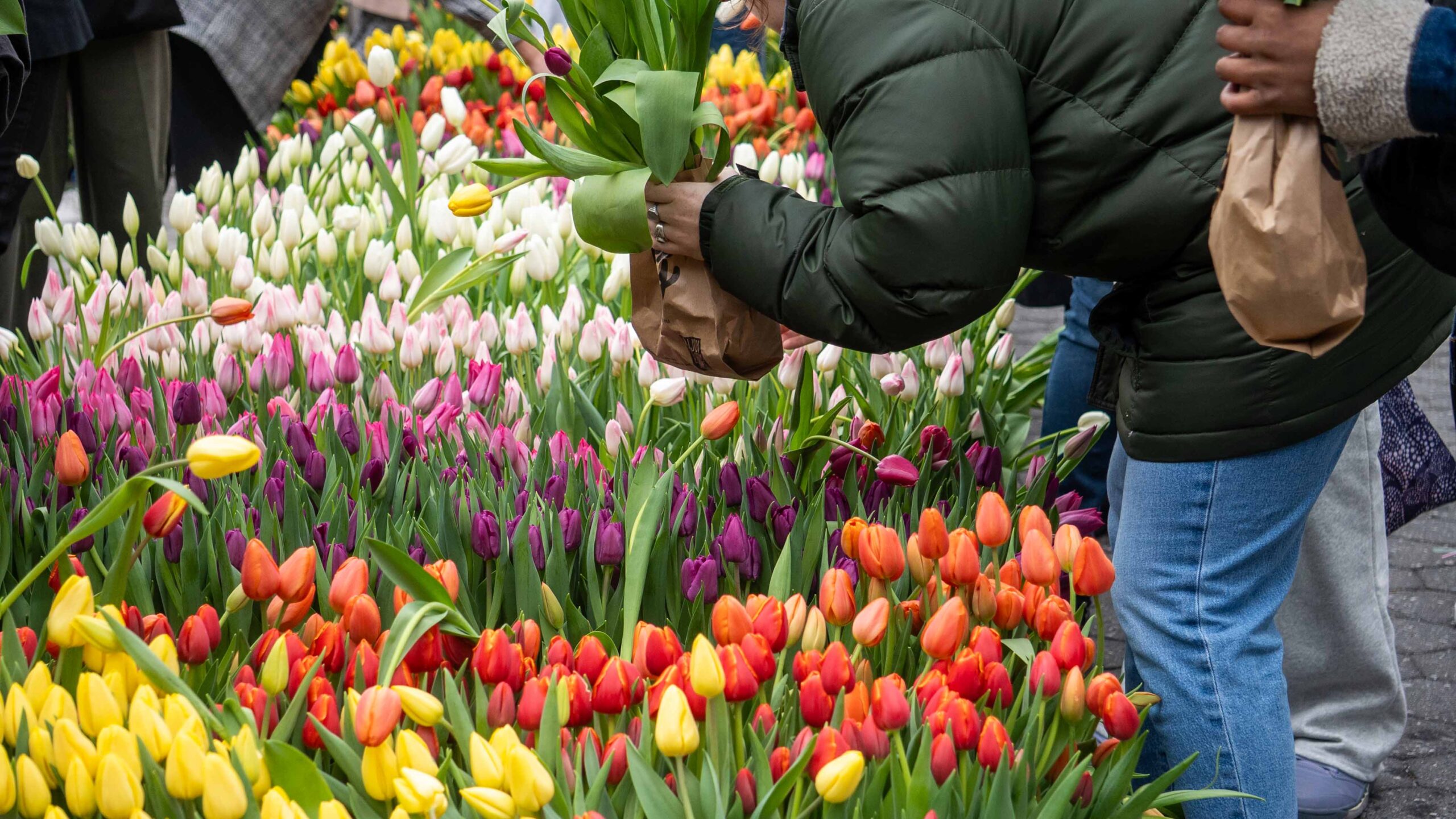Fictional fiction writer Ophelia Eden speaks on her philosophy of writing: may we insist (upon inspiration) rather than pretend (to inform)?
PREFACE
This series is an open-ended exploration of the aesthetics of writing in an otherwise journalistic space. It is because of the standards and techniques of journalistic writing that it serves its end: knowledge. It cares to inform—Ophelia and I, however, care to inspire. We need not be seen (merely) as contrarian! We, too, serve truth abiding by different terms: imagination, (tragi)comedy, philosophy, poetry, whatever you care to call it. My storytelling echoes philosophers and nobodies alike who write what the spirit moves them to write—not in self defense or in protest but for the love of picturing what there is to picture; I bow to fluctuating feeling rather than so-called fact.
Beyond foundational texts, much of this is inspired by contemporary artists, rockstars and authors et cetera in statements, interviews or memoirs: the begrudging attempt to express oneself in a foreign format—however (un)willing, forever unable to explain poetry in prose. When prodded, they’re bound to say something along the lines of: the work speaks for itself.
In this Opinion-Editorial series I will use a fictional character to share my beliefs, founded in an adoration for audacious expression…alongside a contempt for the inundation of our world—echo chambers and pseudo-knowledge made palatable for spit-takes. Insofar as I speak to the imagination, this ought to resist a “read time.” May we dispel citations? There may remain beauty in journalism—though perhaps irresponsibly so: tragedies relayed as if they’re merely a distant, picturesque heck, not Hell. To be clear, there is no true aesthetic of journalism; hence, it is a means I no longer care for. And while I am not alone in my opinion, I am most definitely preaching to the heathens rather than the choir. Mind you, The New York Times managed to foist an anonymous Op-Ed on us readers; may the New School Free Press toss my eponymous character the unplugged-mic for a few more long-awaited, unearthed ‘truths’?
Amusement alone is not art; there is not poetry only in painting the moment as it is, lulling the reader into a restless sleep, telling them what they know: the history of the human world is horror. I don’t mean that these abstract considerations ought to console us. Why wish to be consoled? On the contrary, I wish to mourn perpetually the absence of what I love or might love.
Reading is not understanding. The reader has to do just as much as the writer, to read the work in the spirit in which it was written; just as a passive listener of music does not hear the music at all. By writing as Ophelia Eden, I aim to challenge our present paragon of straightforward (sham) expression. Insofar as a newspaper insists upon one interpretation, not to mention a rigid ideal of ‘what matters,’ any writing that aspires to the condition of art is deemed irrelevant…say, forever untimely. Yet, if one were to approach my work in a philosophical sense, it is bound to serve the imagination. It ought to live only there. I hope my writing inspires you...to read on.
Lest we forget: as a university founded by intellectual polyglots and most renowned for an ‘art school,’ a newspaper that fails to allow alternative means of expression is not at all representative of the student body. My intention is also to inspire the Free Press, readers and contributors, to challenge and expand their expression moving forward. Since readers nowadays want to be told rather than prompted: one can expect a continued sense of disillusionment and combative humor…as for Miss Ophelia, a self-proclaimed (humble) genius parading as an exaggerated trope of the artist talking about their own work.
Now, to say this moves towards no end is to misunderstand the fractured state of the world as only attainable through facts…or to seek in stories or in others a fathomable, uncontradictory whole, which—is an absurdly utopian ask! I am quite baffled that I am the first to ask to do fiction or anything other than school-centered news. I am quite demoralized that I must begin like this. Though, like all questions that are along the lines of “so?” this disruption lends to my insistence. Momentum may return as I begin again? I pray.
Now, forward…I’ll leave you two be…dear reader, meet Ophelia:
[DRAFT] one.
Dear Reader, I am a Writer. I care to tell you about myself only by writing about writing, writing how I write—because I do. Poetry cannot be understood in prose or vice versa. Besides, I cannot BE otherwise. You and I may never meet elsewhere; I have left society. I have entered the world of thought—this screen evades time and space. Don’t believe me? Read on.
When I write I imagine the messianic delusion others need hard drugs to achieve: I feel like I am myself and several other people—all of us better, benevolent, real. All of this, WE—inconceivably real, infinitely dear.
I’ve been breaking crayons ever since I knew the power of my left hand. I’ve been sober ever since I was 21. I’ve grown so used to italics that words when upright seem lopsided.
More ought to care for the moment as it stands—eavesdropped. Nowadays is nothing new: an antic imagination is judiciously reprimanded. O woe is me…Do not expect love from an abyss, I tell myself, be you all ever so emptying me of affection like a gracious gumball machine. Lest we scream our way out of an aborted climax; may we dream no more of children in gutters! You do not dare watch this world full screen. You must not dare, triple(-headed) dog or otherwise.
Any history buffs here? No? Good! One of the first gigs of the printing press was publishing the atrocities of witches, fingers-crossed, belief-suspended, as mass hysteria ensued. Let me make myself clear: I am not the printing press, I am on the side of the witch. Don’t get me wrong—[end of sentence].
This draft seems to be an ethereal negative; it seems to have a nimbus around it. It makes me want to give in. Though I don’t know how much I am thinking or how much I am pretending to think.
I don’t hate to break it to you: our vices are idiopathic; our talents warrant no applause, though plenty of kicks!
[*here we need not name-drop*] But, for those of you who care for the world of literature, here is some history that ought to be televised:
In 1830, Ralph Waldo Emerson grew tired of sermons with their cold, mechanical preparations for a delivery most decorous—fine things, pretty things, wise things, but no arrows, no axes, no nectar, no growling. He feigned for a new literature. A German con-artist, Johann Maelzel, visited America with what he called a panharmonicon, an organ without keys: upon three cranks of its lever, the machine would spit out an orchestra worth of sound: flutes, drums, cymbals, trumpets, trombones, clarinets, violins. After seeing Maelzel’s machine perform, Emerson called the new literature he’d been looking for a panharmonicon: “Here everything is admissible—philosophy, ethics, divinity, criticism, poetry, humor, fun, mimicry, anecdote, jokes, ventriloquism—all the breath and versatility of the most liberal conversation, highest and lowest personal topics: all are permitted, and all may be combined into one speech” (D’Agata qtd. In Shields, Reality Hunger).
It is axes, nectar, growling I, too, care for. Can you feel them in your chest, taste it on your tongue, hear it grow louder under your bed? I hope so. I intend to make you as frustrated and as liberated by language as I am; the exuberant, surprising audacity of wordplay…the exuberant, surprising audacity of our world! Like the rations they give to soldiers, each bit satiating…one must avow to listen closely, do not always what they’re told—lick all crumbs, abstain from utensils! Ideally, I need not repeat myself; ideally, it comes to mind before I have to nudge you with a refrain —
Me: the nectar?
audience: but…the growling!
Me: beware…THE AXES!
audience: but…THE DELIGHT…
Me (aside): however wounded!
The art of imitation that is “writing” ought to evolve to face the current fractured state of our universe…that is—by perpetuating it! Order through chaos; discipline through freedom. And so on, so forth, forward. Abstraction here is a distillation of meaning; why dilute feeling with plot? Admit not only one but ALL, and here you have it: harmony…crank up the saturation while you’re at it!
To digress need not be to regress. Fragments may be whole. Even so, someone said that no one ever said that sonnets or haikus were evidence of short attention spans. There ought to be a volta in every stanza! If one will do, Sha[*bleep*] knew best: let it be the third of the most final moments.
When asked by a fan about my style, I’ll say: it’s a spirit, not a style—best to say what you mean while you can, before you’re dragged into a genre, tied down with hyphenated-adjectives; best to kick them while they’re still up, ‘fore they go on assuming.
How do we straddle “cryptic” and strangle “circumspect”? May/must we galvanize our work? How to stay alive? As a writer or otherwise (author note: other than writing through a character that is a writer much worse than yourself)?
When asked for a book, I’ll say: all I may offer is the unabridged preface, the revised epilogue will take some time…
When (I do have a book to hold, burly and impressive) asked about my next book, I’ll say: the future is beyond guessing but the present is beyond belief. I mean that. I do not believe anything I am told the moment I am told it. Believe me, neither should you. Who’s to say? Certainly not anyone who deludes oneself, as if they don’t want their name up in lights. (As if we were tempted to mutter a defense…oh! silly mistake,…surely the only rebuttal is: the work speaks for itself!)
Listen to the mustn’ts child. For I am no dilettante riddled with performative poise. I am no author (yet), never will be one with an image on the inward flap. I am an artist whose hubris is teetering on drafts, emails and otherwise. Whether I’m cursed or dissed, footnote-battered and stunned, called some flop or beatnik…at least my submission won’t bounce seven times…it won’t even bounce once!
When scolded it is already noon and you must decide, I’ll say, it is midnight elsewhere. The day is ahead of us. Has the morning paper ever once satisfied you? Think of it…that’s what I thought! Now let me have my say.
This way much of my time may be spent rolling in the yard laughing, as the editors are up to their neck in scroll. Find me doing crosswords (extreme ones) as the “journalists” are breaking out, down bad*, getting their coverage, finding the right, unproblematic synonyms, chalking up the truth of today.
(*The end of journalism is not beauty—now I know you use that word—aesthetic—but do you know what it means? If you did, you wouldn’t dare use it so often.)
A sense of closure erupts with each ellipses despite my parading towards meaning…there is precious little time between beginnings and endings…entrances, departures…upon this monolith and elsewhere. Why wish to be consoled?
I will tell you what I know: best to confirm hopes than console fears.
And what I miss: no one seems to be jotting things down anymore!
Every little imaginative splinter, one moment swaggering and the next scholastic, amasses an epiphany. This could begin or this could end it…best not abandon it — keep moving, move along…much too much to think about…like puzzles, we must attend to ourselves…chances are, you are my chances…dear reader…though perhaps we are not dressed to meet just yet…must we walk alongside one another in silence before we part?
And what I believe: the best letters written need be neither sent nor received. (postscript: ignore unless you have the power to understand: love, if true, need never be returned. I write this because I love you, Reader––almost as much as I love writing (you need not love us—yet nor ever).
Blessed be the day when this may come to light as I move towards it;
I’ll say, I didn’t intend to get here, only deeper; it’s not a cachet,* it’s just what I dug.*
I foresee: my obituary lags while the facts get straight.

*the state of being respected or admired; prestige.
*“I dig it” meaning I adore it past tense… “it” being this, that I adore or—a hole—that I’ve dug, by writing.

